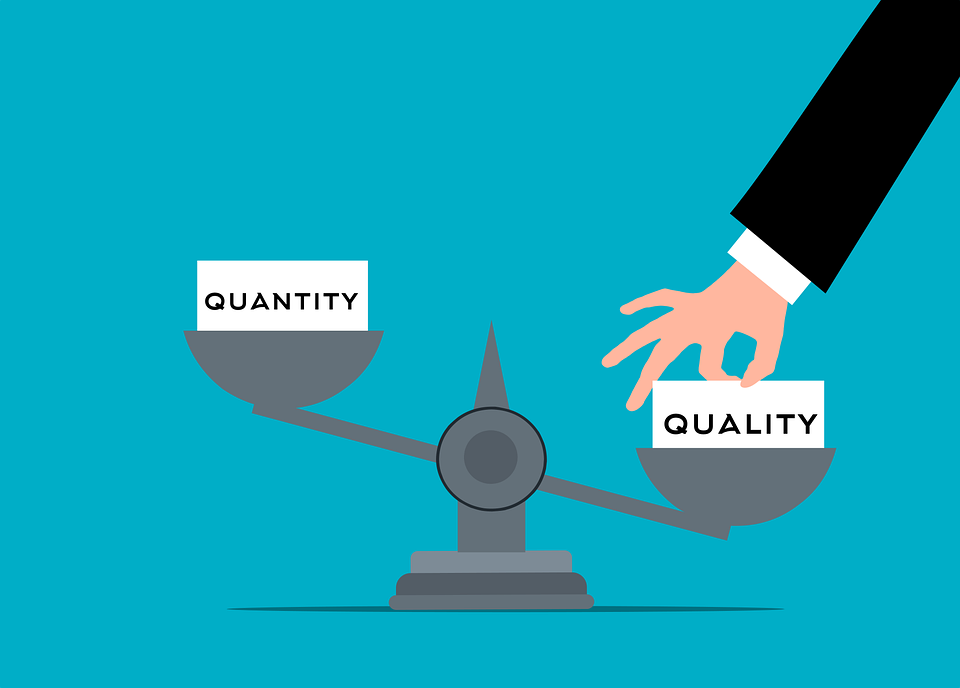
A merchant cash advance is a fantastic financial product that is an extension of invoice factoring. With both products a business owner sells receivables to a business lender at a discount – turning receivables into cash in the bank. But they have one important difference – factoring looks to the past, whereas a merchant cash advance looks to the future.
When approving a factoring loan, the lender looks at current receivables based on past sales. They extend credit and collect on those invoices. With a merchant cash advance, or “MCA,” the lender analyzes future sales to determine the amount and terms of the advance. While they base their projections on past sales, they advance and collect on future sales.
Both financial products can be very useful for business owners seeking access to capital.
Get a No Collateral Business Loan Today!
Do you need a business loan that does not require collateral? Shield Funding offers competitive rates and terms on it’s unsecured funding programs and can get you money the same day you apply. We have been assisting business owners for almost two decades with a five star rating.

It can be hard for small business owners to manage cash flow – if a large bill comes due but an important customer hasn’t paid yet, you could find yourself short of funds. Invoice factoring turns that large invoice into cash. When you work with a factor or lender they buy your invoices or accounts receivables loans at a discount.
The lender gives you a cash advance against your receivables at a varying rate of about seventy to eighty percent of the total invoiced amount, plus possible fees. They’ll discount your accounts receivable for non-collectability. For example, if your total balance of accounts receivable is $25,000, they may advance you $17,500. The discount protects them from losing money if any customers don’t pay.
Invoice factoring helps business owners get immediate money for funds that are yet to be received. In turn these businesses can capitalize on market pricing swings, expansion plans, cover working capital needs, or develop their business.
Invoice factoring without recourse means that you’re done working with the factor once the sale completes. If a customer doesn’t pay, they can’t ask you to give them back that money or pledge other invoices. Because there is more risk to a factor if someone doesn’t pay, they’ll likely discount your invoices more if you factor without recourse.
A quick note on terms you might see when you apply for invoice factoring. “With recourse” means that the factor can come back to you if some of your customers don’t pay their invoice. You might have to pay back that money, or pledge other invoices for them to collect upon.
A merchant cash advance is an exchange where the lender advances cash against a portion of the company’s future credit card sales. The actual sales are projected based upon your past few month’s sales. With a MCA, the lender offers the merchant a cash advance for a fee. They take their repayment of the principal and fee as a deduction of daily sales, typically fifteen percent but that number can be negotiable with some lenders.
Both invoice factoring and merchant cash advances are business loan alternatives that give business owners access to immediate capital against sales generated. They both are very useful for assisting smaller companies in the development process. If you are a business owner seeking immediate business funding you can determine which one is the right fit for your company.
Why would a small business owner choose invoice factoring over a MCA, or vice versa? There are pros and cons to each lending product.

Not Sure of the Type of Business Loan You Need!
Shield Funding has been a trusted name in business financing for almost two decades. Speak with an expert at no cost with no obligation and have the confidence that your inquiry will remain private.
Anytime you borrow, it’s important to educate yourself about how the loan will impact your business.
Pro – Get cash fast
With invoice factoring, you get money fast and all at once. Maybe collecting on just one or two invoices wouldn’t give you enough money to cover payroll, but with a lump sum from a factor you can meet your obligations. However, although this option is much faster than traditional financing options, it can take up to 2 or 3 weeks if the company needs to verify credit worthiness of the invoiced clients.
Con – Discount on A/R
When you sell your invoices or accounts receivable, you won’t receive 100% of their face value from the lender. You’re taking a discount on what you’re owed to get cash faster. This means adjusting your budget to account for the lost income.
Pro – Don’t have to collect on your invoices
Few small business owners enjoy collecting on past due invoices. It can take time away from growing your business. And, if you’ve got creditors calling you about money you owe them, it can feel like you’re stuck between the two. With factoring, particularly if you sell without recourse, you don’t have to spend time hounding customers for payment.
Con – Factors can impact customer relationships
There is a downside to having a factor collect on your past due invoices. You do not control the collecting process. The factoring company’s collection tactics could anger customers. If they are rude, aggressive, or otherwise behave unprofessionally you could lose a customer.
Pro – No collateral required
Other loan products require that you pledge collateral. This could be equipment, investment accounts, or an asset that you need to run your business. If you default on the loan, you lose the collateral. But, with factoring, you sell your invoices at the discount and are done. There is no fear of further loss.
Con – Applying can be labor intensive
Factors need information on your past due invoices to approve the loan. They could ask that you submit an aging schedule, copies of invoices, copies of customer credit reports, and more. They can also reject some severely past due invoices and ask that you give them others to secure the loan.
Pro- Know all fees upfront
Since invoice factoring is a straight sale, you know all fees upfront. The factor tells you how much they are discounting your invoices and any fees they are charging, then gives you the net amount. You can accept or reject their offer, but there’s no uncertainty.
Merchant cash advances have similar pros and cons as factoring, but with key differences.
Pro – Quicker cash
While they both put cash in your bank account, a merchant cash advance disburses cash faster than factoring. If you’re factoring a significant amount of accounts receivable, and haven’t worked with the factor before, the factor may want to check the creditworthiness of your customers. If they need to pull credit reports and look at past payment history, it could take longer to get your money.
But a merchant cash advance lender can disburse funds within 24 hours, literally on the same day you apply. If you start the application process early in the morning, and have 3 of your most recent bank statements and you have completed the one page application.
Con – Future deductions
Merchant cash advance lenders base lending decisions off past credit card receipts but take their deduction from future sales. After accepting an advance, the lender takes an agreed-upon percentage rate as repayment from all credit card sales generated. This is usually a daily or weekly option. As an example, if you generate one thousand dollars in sales per day with a ten percent daily deduction rate or sometimes referred to as split, your payment would be one hundred dollars per day. Future repayment can impact your cash flows, and you will have to budget carefully.
Pro – Repayment aligns with cash flows
Because the lender takes their repayment from sales, you don’t have to worry about having the cash on hand for a lump sum, monthly payment. Often, the payment on a term loan comes due at the worst time for your cash flow. But a merchant cash advance repayment schedule aligns with your sales – so it’s not difficult to repay it when sales dip. An additional benefit is that when your sales dip in a seasonally slow period your payments required to the lender go down because they are based on a percentage. This can make payments less of a burden during hard times.
Con – Ongoing relationship with the lender
You will have an ongoing relationship with the merchant cash advance lender. Unlike factoring without recourse, where the lender gives you your money and the relationship ends, the merchant cash advance lender continues to work with you. They may also require that you use their credit card processing company although most offer an option to not switch credit card processors.
Pro – Applying is easy
Unlike factoring, a merchant cash advance lender is less concerned with your customers and their creditworthiness. They can approve an advance after analyzing a few months of credit card receipts even if a borrower has bad credit. This type of lender is more concerned with cash flow and less concerned with creditworthiness.
Con – Fees and deductions can be confusing
MCAs are speculative in nature – the lender estimates future credit card sales, and you’re counting on projected sales to align with their predictions. If sales slow or something unexpected happens, it could take longer to pay off the advance, especially as your payments reduce in size.
The best choice for your business depends on your goals, business, and how you prefer to work with lenders. Read through the list of pros and cons with your business in mind and the choice may become obvious.
For small businesses that do not process many credit card sales but have a large balance of accounts receivable, factoring is the logical choice. If you operate a retail establishment or restaurant, or any business which receives payment primarily through credit cards, a merchant cash advance is the best fit.
If you dislike maintaining an ongoing relationship with a lender and struggle with budgeting, choose factoring without recourse. If ongoing deductions from your bank account are a non-issue and you know how to budget for the lender’s deductions, talk to a merchant cash advance provider.
If you still have questions, the lending specialists here at Shield Funding are here to help. Call or email today!

Get Your Business Funded As Fast as Same Day!
Do you have immediate financial needs for your business. Shield Funding offers competitive rates on all it’s funding programs and can get you funded the same day you apply. We have been assisting business owners for almost two decades with a five star rating.